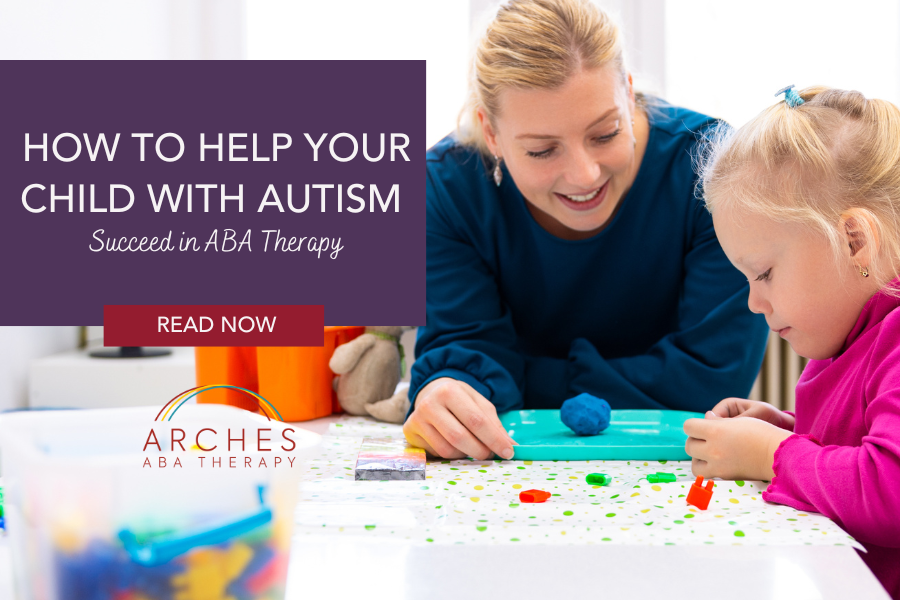As parents, we strive to provide the best support and resources for our children, especially when it comes to their well-being and development. For children with autism, Applied Behavior Analysis (ABA) therapy offers one of the best paths for growth success. In this blog post, we will talk about some helpful strategies to help your child succeed in ABA therapy. While there are many more tips and suggestions out there, we believe that by implementing these tips, you and your child are sure to see success in your therapy endeavors. From extremely simple to more complex and time-consuming, we’ve got eight tips for the beginner and veteran alike. So let’s get to it.
1. Find a Qualified Therapist:
Just like in any field, it is so important to find a skilled therapist who you can trust and connect with. Be sure to seek out an ABA-skilled therapist who has experience working with children with Autism. Check out this recent blog post to learn more about finding a qualified therapist.
2. Set Realistic Goals:
Once you’ve found the perfect therapist who loves working with your child– and whom your child loves too, of course, set some goals with them. Be patient with yourself and your child as you create these goals. Here is a great resource that can help you create SMART goals for your child with Autism.
3. Nurture with Positive Reinforcement:
Isn’t it fun to celebrate your child’s achievements? Do it! No matter how small. Positive reinforcement boosts their confidence and encourages them to keep going and keep striving for success.
4. Embrace Consistency:
You and your child will be thankful for a consistent schedule. Keeping the therapy sessions at the same time and location will help your child adjust and even look forward to that time. Consistency will help keep you on track and makes it easier to keep track of your goals.
5. Be Actively Engaged:
By actively participating in your child’s therapy journey, you can better reinforce and understand everything that they are learning. Attending therapy sessions, asking questions, and maintaining regular communication with your child’s therapist are all ways that you can play an active role in your child’s ABA experience. You can also express concerns and confide in your child’s therapist as well. At Arches ABA, we do this with bi-monthly collaboration meetings with our parents.
6. Extend Skills to Everyday Life:
Once your child walks out of that therapy office, it’s your awesome job to encourage and motivate them. You can teach your child to apply the skills they learn in therapy to their daily routines. Don’t hesitate to ask your therapist for specific ideas if you can’t think of any!
7. Address Holistic Needs:
This is a simple yet crucial tip. Sometimes we get in a rush if we are running late, and we forget some of the most important preparations for success: Ensuring that your child is well-rested, comfortable, and nourished during therapy sessions. You may also want to consider addressing additional needs, such as sensory processing challenges or sleep difficulties.
8. Be Patient:
Understand that ABA therapy is a journey with progress that may not always follow the path that you hope for or expect. Celebrate each small victory and stay patient. Progress takes time! You can always make changes to your goals, and that’s not a failure; it’s just readjusting.
While this list is absolutely not comprehensive, it’s a fantastic start. Try creating reminders for yourself to look at this list and stay on top of it. You can also put up motivational quotes and encouraging words around the house for you and your child. You’ve got this!
As you embark on this journey of ABA therapy with your child, remember that your support and involvement are key. Don’t forget that every step forward, no matter how small, is a victory worth celebrating. Trust in the process, believe in your child’s potential, and know that you are making a positive impact on their journey towards growth and development. We know that your ABA therapy experience will be a success, and we can’t wait to celebrate with you!


